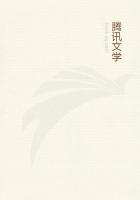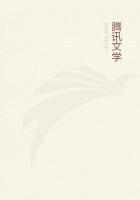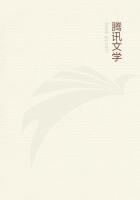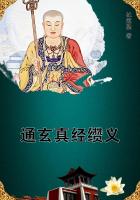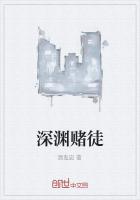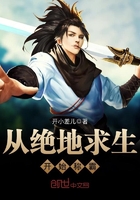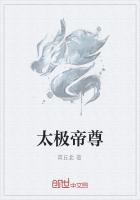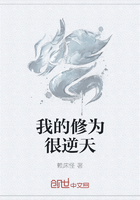The tones of the men's voices were very different. Mr Baker did not care a straw about it; why should he? He had an heir of his own as well as the squire; one also who was the apple of his eye. But the doctor,--he did care; he had a niece, to be sure, whom he loved, perhaps as well as these men loved their sons; but there was room in his heart also for young Frank Gresham.
After this small expose of feeling they sat silent for a moment or two. But silence was not dear to the heart of the Honourable John, and so he took up the running.
'That's a niceish nag you gave Frank this morning,' he said to his uncle. 'I was looking at him before dinner. He is a Monsoon, isn't he?'
'Well I can't say I know how he was bred,' said the squire. 'He should a good deal of breeding.'
'He's a Monsoon, I'm sure,' said the Honourable John. 'They've all those ears, and that peculiar dip in the back. I suppose you gave a goodish figure for him?'
'Not so very much,' said the squire.
'He's a trained hunter, I suppose?'
'If not, he soon will be,' said the squire.
'Let Frank alone for that,' said Harry Baker.
'He jumps beautifully, sir,' said Frank. 'I haven't tried him myself, but Peter made him go over the bar two or three times this morning.'
The Honourable John was determined to give his cousin a helping hand, as he considered it. He thought that Frank was very ill used in being put off with so incomplete stud, and thinking also that the son had not spirit enough to attack his father himself on the subject, the Honourable John determined to do it for him.
'He's the ****** of a very nice horse, I don't doubt. I wish you had a string like him, Frank.'
Frank felt the blood rush to his face. He would not for worlds have his father think that he was discontented, or otherwise than pleased with the present he had received that morning. He was heartily ashamed of himself in that he had listened with a certain degree of complacency to his cousin's tempting; but he had no idea that the subject would be repeated--and then repeated, too, before his father, in a manner to vex him on such a day as this, before such people as were assembled here.
He was very angry with his cousin, and for a moment forgot all his hereditary respect for a De Courcy.
'I tell you what, John,' said he, 'do you choose your day, some day early in the season, and come out on the best thing you have, and I'll bring, not the black horse, but my old mare; and then do you try to keep near me. If I don't leave you at the back of God-speed before long, I'll give you the mare and the horse too.'
The Honourable John was not known in Barsetshire as one of the most forward of its riders. He was a man much addicted to hunting, as far as the get-up of the thing was concerned; he was great in boots and breeches; wondrously conversant with bits and bridles; he had quite a collection of saddles; and patronized every newest invention for carrying spare shoes, sandwiches, and flasks of sherry. He was prominent at the cover side;--some people, including the master of hounds, thought him perhaps a little too loudly prominent; he affected a familiarity with the dogs, and was on speaking acquaintance with every man's horse. But when the work was cut out, when the pace began to be sharp, when it behoved a man either to ride or visibly to decline to ride, then--so at least said they who had not the De Courcy interest quite closely at heart--then, in those heart-stirring moments, the Honourable John was too often found deficient.
There was, therefore, a considerable laugh at his expense when Frank, instigated to this innocent boast by a desire to save his father, challenged his cousin to a trial of prowess. The Honourable John was not, perhaps, as much accustomed to the ready use of his tongue as was his honourable brother, seeing that it was not his annual business to depict the glories of the farmers' daughters; at any rate, on this occasion he seemed to be at some loss for words; he shut up, as the slang phrase goes, and made no further allusion to the necessity of supplying young Gresham with a proper stream of hunters.
But the old squire had understood it all; had understood the meaning of his nephew's attack; had thoroughly understood the meaning of his son's defence, and the feeling which actuated it. He also had thought of the stableful of horses which had belonged to himself when he became of age; and of the much more humble position which his son would have to fill than that which his father had prepared for him. He thought of this, and was sad enough, though he had sufficient spirit to hide from his friends around him the fact, that the Honourable John's arrow had not been discharged in vain.
'He shall have Champion,' said the father to himself. 'It is time for me to give up.'
Now Champion was one of the two fine old hunters which the squire kept for his own use. And it might have been said of him now, at the period of which we are speaking, that the only really happy moments of his life were those which he spent in the field. So much as to its being time for him to give up.

